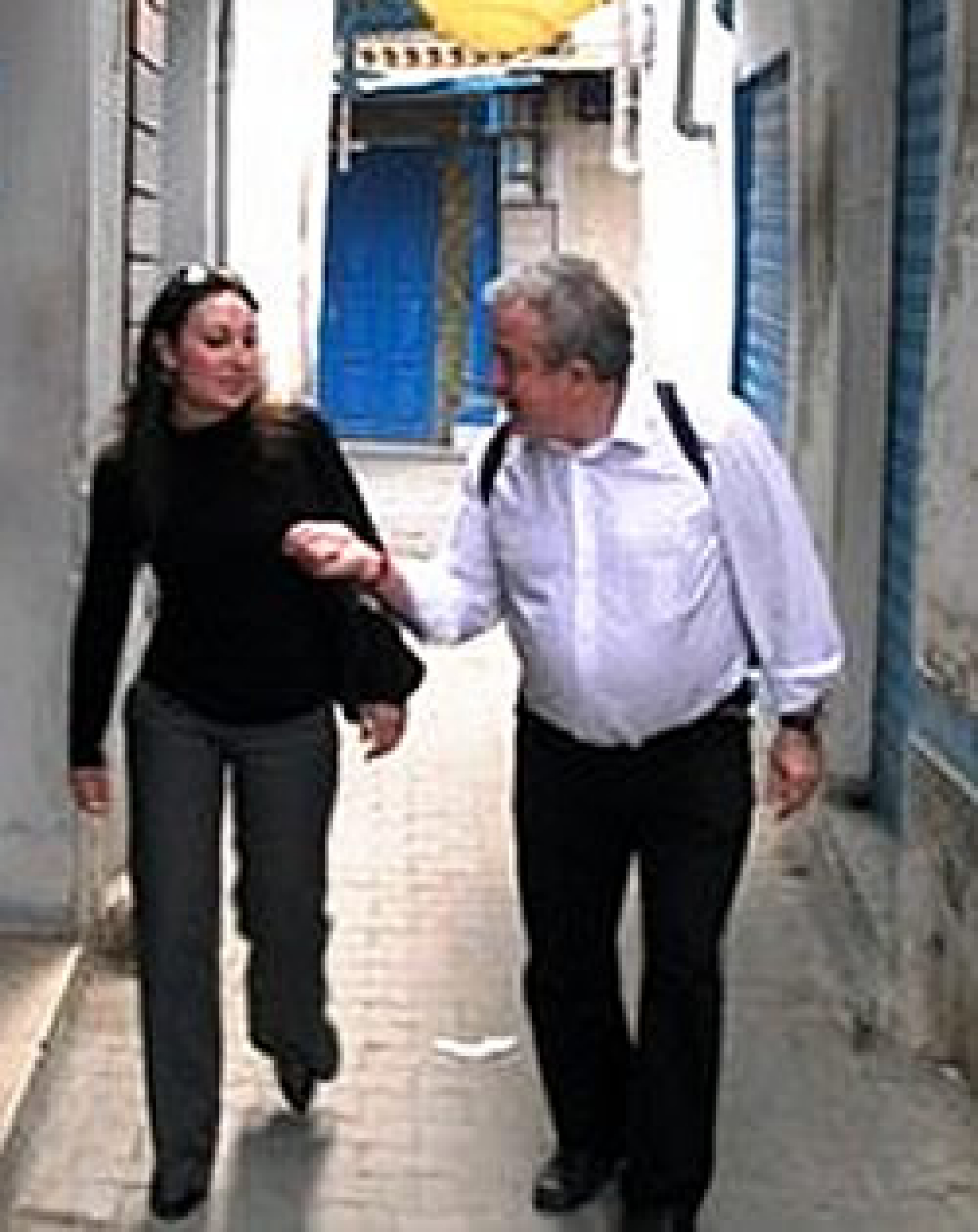
SHARE
As Tunisia emerges from decades of autocratic rule, long restricted political parties are grappling with a sudden freedom to organize.
Under President Zine El-Abadine Ben Ali, who Tunisians toppled in January, many opposition parties were outlawed and political debate was severely constrained. Since his departure, more than 40 new parties have been authorized by the transitional government, with about 20 more awaiting registration.
These new parties are struggling with an influx of members and their newfound ability to work openly for the first time. Eager, like all Tunisians, to take part in their new democracy, the parties are seeking practical advice on how to recruit and accommodate members, create a platform, engage in productive debate and move their country toward a more stable democracy.
While Tunisia’s circumstances are unique, lessons and models from other countries that have made the transition from authoritarianism to democracy offer some useful insights. Matyas Eorsi, Alberto Costa and Krastyo Petkov — experts from Hungary, Portugal and Bulgaria, respectively — journeyed to Tunisia recently to meet with leaders and members of emerging, established and formerly exiled Tunisian political parties. All three were involved in their countries’ transition experiences and in determining critical elements of the democratic political systems they developed. NDI organized the experts’ visits.
Eorsi, who visited Tunisia last month, has been active in politics for the last 20 years. He was a founder of Hungary’s opposition Alliance of Free Democrats, in the 1980s and played a key role in organizing Hungary’s transitional referendum on key constitutional questions.
"In a democracy, everyone is debating, no one agrees and it’s messy," he said during a meeting with Tunisian party leaders. "But at least it provides feedback and options, and you have the chance to correct bad decisions to better ones."
Petkov and Costa visited Tunisia in March. Costa, a student movement leader in the revolution that toppled Portugal’s Antonio de Oliveira Salazar in 1968, said, "the moment of the revolution is exciting, but it is what comes after that is the most important."
“The moment of the revolution is exciting, but it is what comes after that is the most important.”
- Alberto Costa
A former six-term member of parliament from the Portuguese Socialist Party and former Minister of Justice and Interior, he noted, "there will, of course, be problems in a new democracy, but they can only be solved by publicity and compromise among all relevant actors."
Stories by Petkov about the Bulgarian case resonated with the Tunisians when he visited in March. They face a daunting task trying to unite new opposition parties to support a new constitution and an orderly transition. In Bulgaria, the opposition parties staged a series of dialogues around the country that ultimately led to the creation of guiding principles for a new constitution and a negotiated new party law. Tunisian party leaders wanted to learn about mistakes made during the Bulgarian transition, such as rushing into an election without giving opposition parties enough time to organize, thereby contributing to the victory of the former ruling party.
"Political and economic change needs to be started in parallel," warned Petkov, who was a president of Bulgaria’s Confederation of Independent Trade Unions and a former member of parliament. "In Bulgaria, too much attention was placed on the new constitution — which took more than two years to construct — and political leaders underestimated the immediate need to address social and economic legislation."
The experiences in Bulgaria, Hungary and Portugal also provoked discussion among the party leaders on the transition role of the military, criteria for political parties to participate in elections, which parties survived past the early days of the political transition and why, and the role of trade unions in political affairs.
In the coming month, NDI will organize dialogues and exchanges with experts from Slovenia, Spain, Romania and other countries with comparative experiences. For the last 10 years, NDI, working outside Tunisia, has maintained close working relations with Tunisian partners. Since the fall of Ben Ali, as it works to support the country’s transition, the Institute has maintained a consistent presence in Tunisia, where it has been meeting with political leaders from across the ideological spectrum, members of key commissions overseeing the political transition, activists in civil society and academia, and representatives of the international community.
Related:
- Tunisian political parties unite to observe voting on election day»
- Arab activists learn to leverage new media»
- Transatlantic dialogue on democracy assistance expresses solidarity with reformers in Middle East and North Africa»
Pictured above: Krastyo Petkov with NDI Senior Program Officer Gabriella Borovsky in Tunis
Published on March 29, 2011


